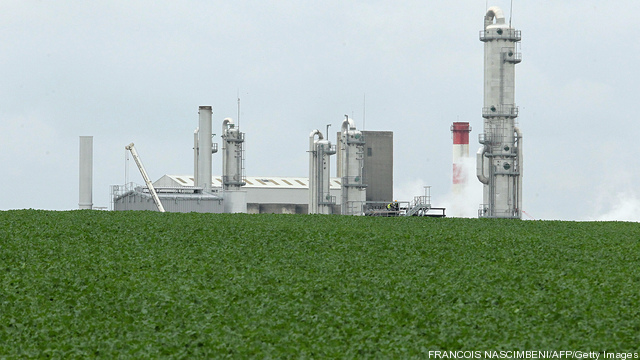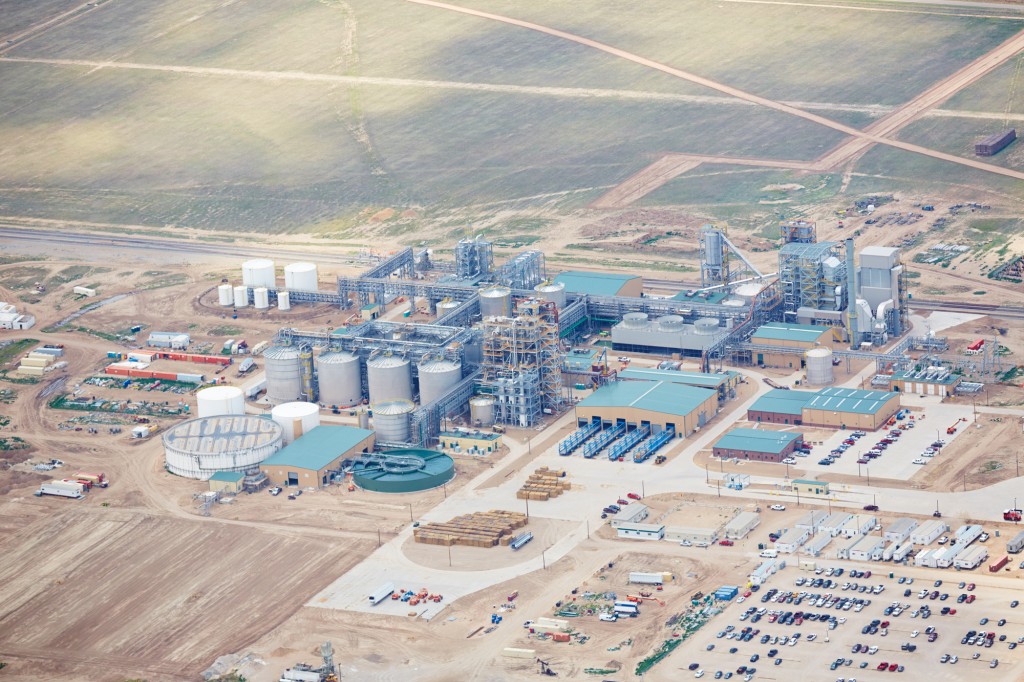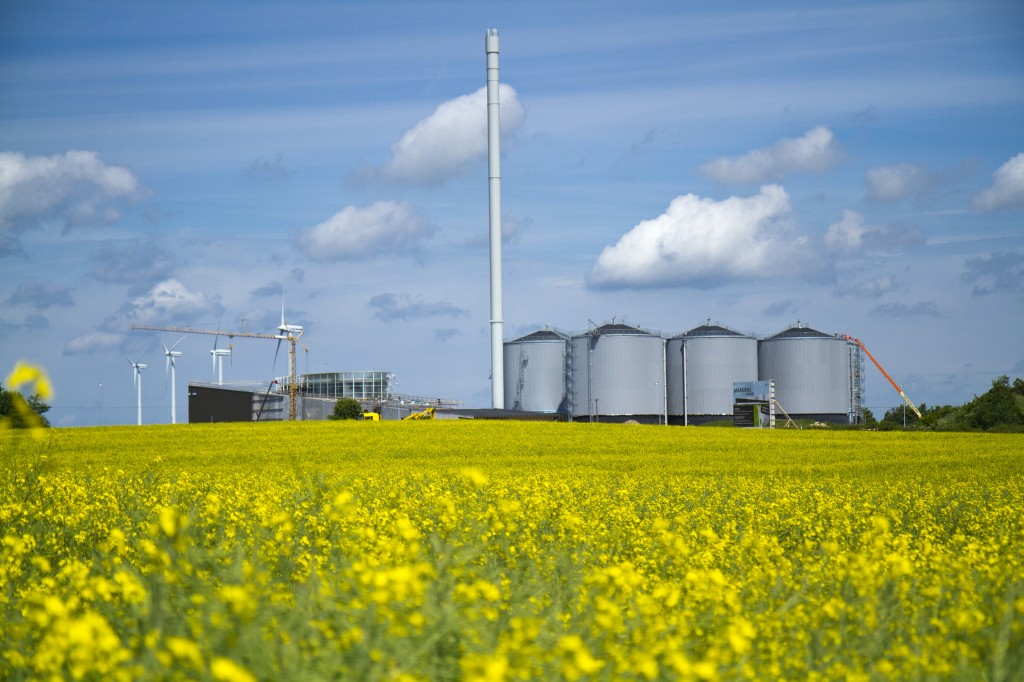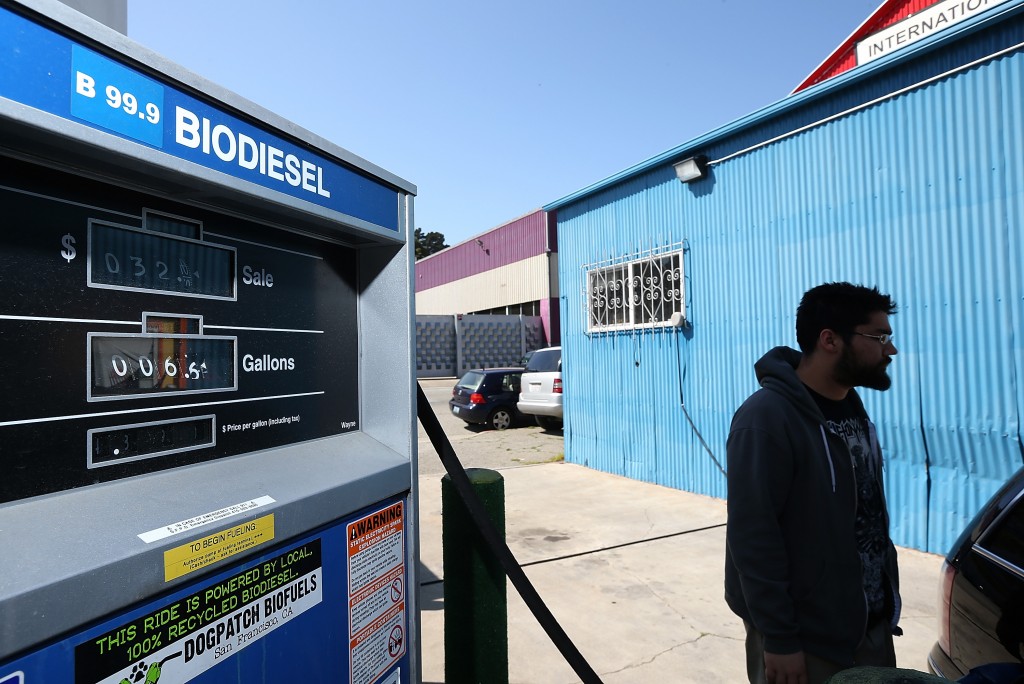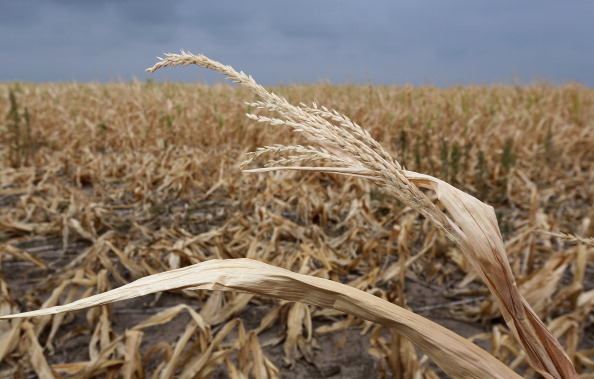The World Resources Institute, a highly respected environmental think tank issued a new report this week arguing against the widespread use of biofuels. While acknowledging that waste biomass, such as food waste or urban tree trimmings can be efficiently harvested for fuel, the overall quantities would be relatively limited. Biomass crops on the other… Keep reading →
food vs fuel
Energy Quote of the Day: ‘Do not Grow Food or Grass Crops for Ethanol or Diesel or Cut Down Trees for Electricity’
By Edward DodgeSign up and get Breaking Energy news in your inbox.
We will never sell or share your information without your consent. See our privacy policy.Energy Quote of the Day: ‘This Would Have Been Simply Impossible Without the Establishment of the Renewable Fuel Standard’
By Jared AndersonThe Renewable Fuel Standard was designed to introduce increasing volumes of biofuels into the US liquid transportation fuel system as part of the 2005 Energy Policy Act. The standard has been expanded over time with greater focus given to advanced biofuels like cellulosic ethanol that do not use food crops as a direct feedstock. Blending… Keep reading →
Since the first motorcycle was built, the two wheel transportation device has had many sources of power, including the first steam powered machines. It was not until World War II that gas powered motorcycles became common place. Now the pentagon is developing a new military hybrid motorcycle that promises to be fast, powerful and silent. By creating… Keep reading →
Biomass: The World’s Biggest Provider of Renewable Energy
By Robert WilsonOriginally Posted on TheEnergyCollective.com If I asked you to think of renewable energy what comes to mind? I imagine it is skyscraper-sized wind turbines, solar panels on suburban roofs or massive hydro-electric dams. You probably do not think of burning wood or converting crops to liquid fuel to be used in cars. Yet throughout the world… Keep reading →
The debate about using ethanol and advanced biofuels to further US environmental goals recently reached a crescendo when the AP released a deeply-researched investigative report into the biofuel industry’s green credentials. The report came out right before the EPA announced its proposed 2014 biofuel blending requirements, a highly controversial issue unto itself. The degree to… Keep reading →
Like something out of a Bacigalupi novel, a crop disease that attacks corn – known as Goss’s wilt – is blighting crops across the US. While bioengineered seeds are believed to be the main culprit, crop rotation helps limit the disease’s ability to spread, but demand for corn used in ethanol production disincentivizes such rotation.… Keep reading →

The unintended consequences of energy policy have been the focus of widespread public discussion in recent years, with everything from solar bankruptcies to the ethanol business coming under fire for receiving government funding that critics said makes the energy source a source of disruption in markets.
The unintended consequences can filter into unlikely areas, with rising costs for inputs into government-mandated fuels driving up costs to competing industries and contributing to the breakdown of established supply chains. The analysts at Smarter Fuel Future, an advocacy group that counts the American Fuel and Petrochemical Manufacturers among its members, have laid out some of the unintended consequences they say Americans face as part of the country’s efforts to comply with the 2007-era Renewable Fuel Standard. Keep reading →
